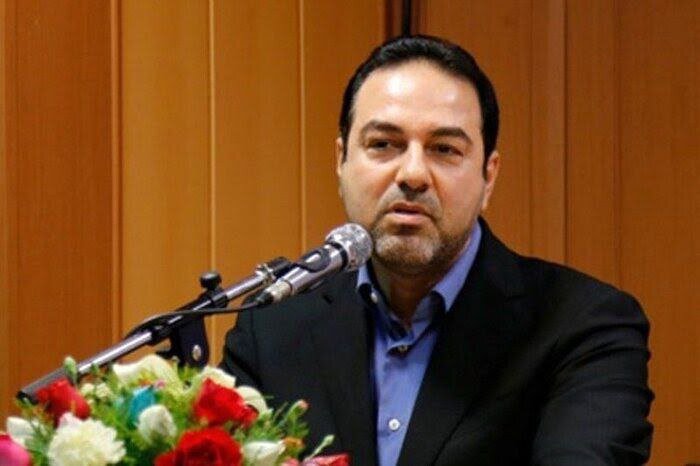Iran determined to eradicate hepatitis C by March 2027

TEHRAN –The health ministry has set goals to eliminate hepatitis C in the country by the Iranian year 1405 (March 2026-March 2027) through precise planning and broad participation of different sectors, the deputy health minister Alireza Raeisi has said.
The country will continue to implement diagnostic, therapeutic, and preventive policies to be able to achieve international bronze, silver, and ultimately gold medals for the eradication of hepatitis C, IRNA quoted Raeisi as saying.
The official made the remarks while addressing the World Hepatitis Day 2025 global webinar held on July 28 in the presence of representatives of the World Health Organization (WHO) and other international agencies.
Iran has been significantly successful in managing diseases such as malaria and tuberculosis despite sharing borders with Afghanistan and Pakistan, where infectious diseases have the highest prevalence, the official noted.
Fortunately, the country has been successful in implementing vaccination programs, injection safety, blood screening, and mother-to-child transmission prevention, Raeisi added.
In the first step, to win the bronze medal, the health ministry plans to identify some 60 percent of infected cases with hepatitis and treat forty percent of them by next Iranian year, March 2026.
Some 13,000 to 21,000 people are diagnosed per year, he stressed.
Silver medal will be received in the next stage, where 70 percent of individuals with the disease are diagnosed, and sixty percent of them are cured. In the final phase, gold medal, the health ministry will have treated 70-80 percent of people with hepatitis, Raeisi noted.
Underscoring that the elimination of hepatitis is not a motto, but a national commitment, Raeisi said the national hepatitis elimination program centers around active case finding (among high-risk groups like addicts, prisoners, patients with rare diseases, and refugees), their free treatment, and public insurance coverage.
Referring to sanctions, Raeisi urged the WHO and the United Nations Children’s Fund (UNICEF) to further provide support to the country in achieving its goals, while lauding their efforts in supplying needed equipment, sharing knowledge, and lowering harms in high-risk groups.
Hepatitis is caused by a variety of infectious viruses and noninfectious agents, leading to a range of health problems, some of which can be fatal.
Low coverage of testing and treatment is the most important gap to be addressed in order to achieve the global elimination goals by 2030.
Hepatitis Awareness Week
The national Hepatitis Awareness Week is scheduled to be observed from July 26 to August 2.
Hepatitis is an inflammation of the liver that causes severe liver disease and cancer.
The Week will focus on a campaign titled ‘moving toward eliminating hepatitis’, which aims to raise public awareness, provide scientific information about the disease to the community, screen high-risk groups, engage non-governmental organizations, and support policymakers.
The media, universities, and various organizations have also been invited to participate in coordinating the implementation of the campaign.
Expanding access to hepatitis C diagnosis and treatment is one of the top priorities of the country, the health ministry website reported.
Managing hepatitis B and C is among the significant challenges of the country’s health system, and their elimination by 2030 is among the main goals of the health ministry, Qobad Moradi, an official with the health ministry, said.
Underscoring the role of diagnosis and care for patients with hepatitis, Moradi said that according to the World Health Organization (WHO) over three million people are living with chronic hepatitis B and C, while only 45 percent of the babies receive hepatitis B with 24 hours of birth, which highlights the need for higher vaccination coverage and identification of the disease.
Thanks to free and effective treatment of the disease, early diagnosis will help avoid complications such as cirrhosis and liver cancer, Moradi noted.
The theme for 2025, ‘Hepatitis: Let’s Break It Down,’ calls for urgent action to dismantle the financial, social, and systemic barriers – including stigma – that stand in the way of hepatitis elimination and liver cancer prevention.
MT/MG
Leave a Comment